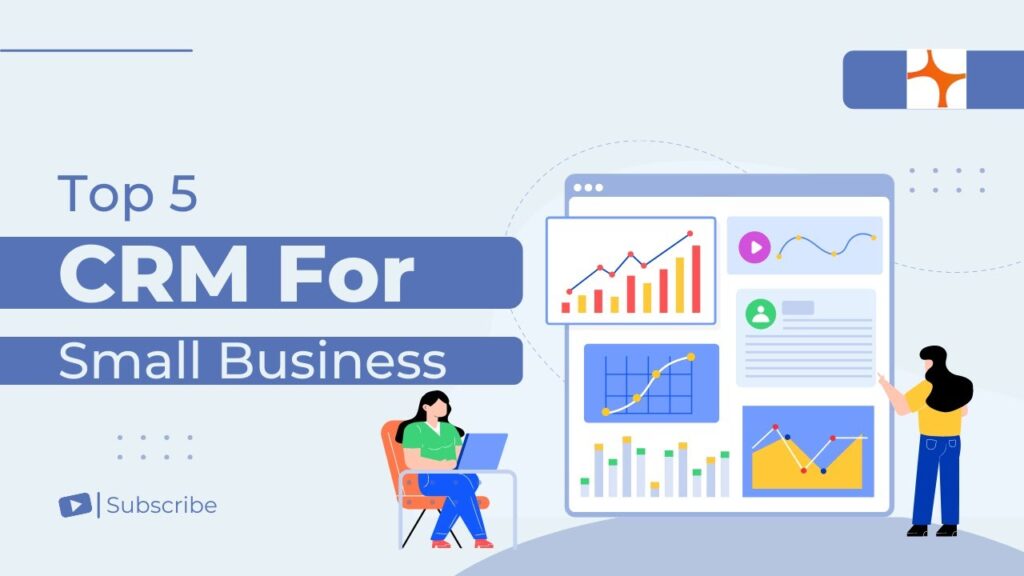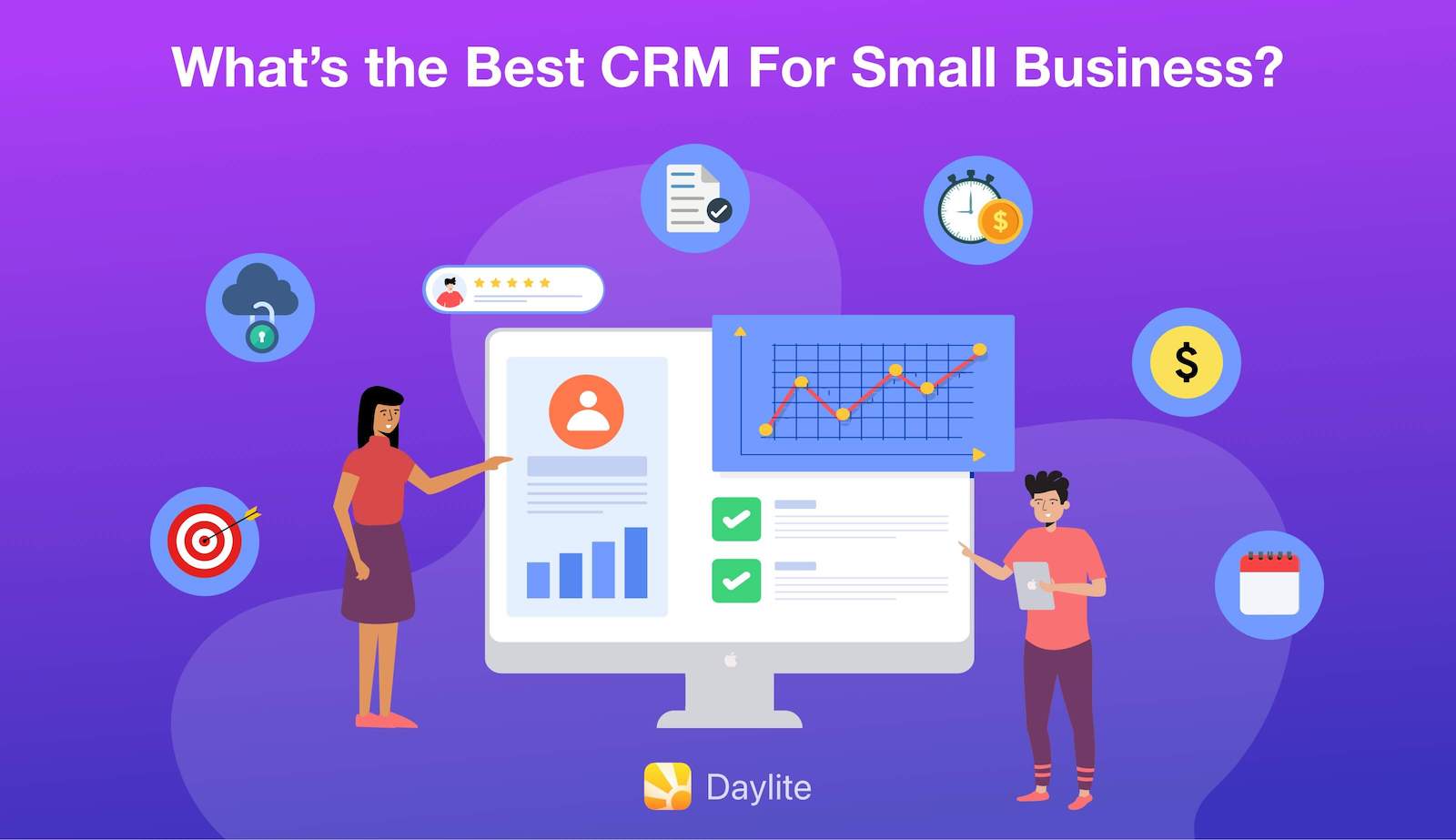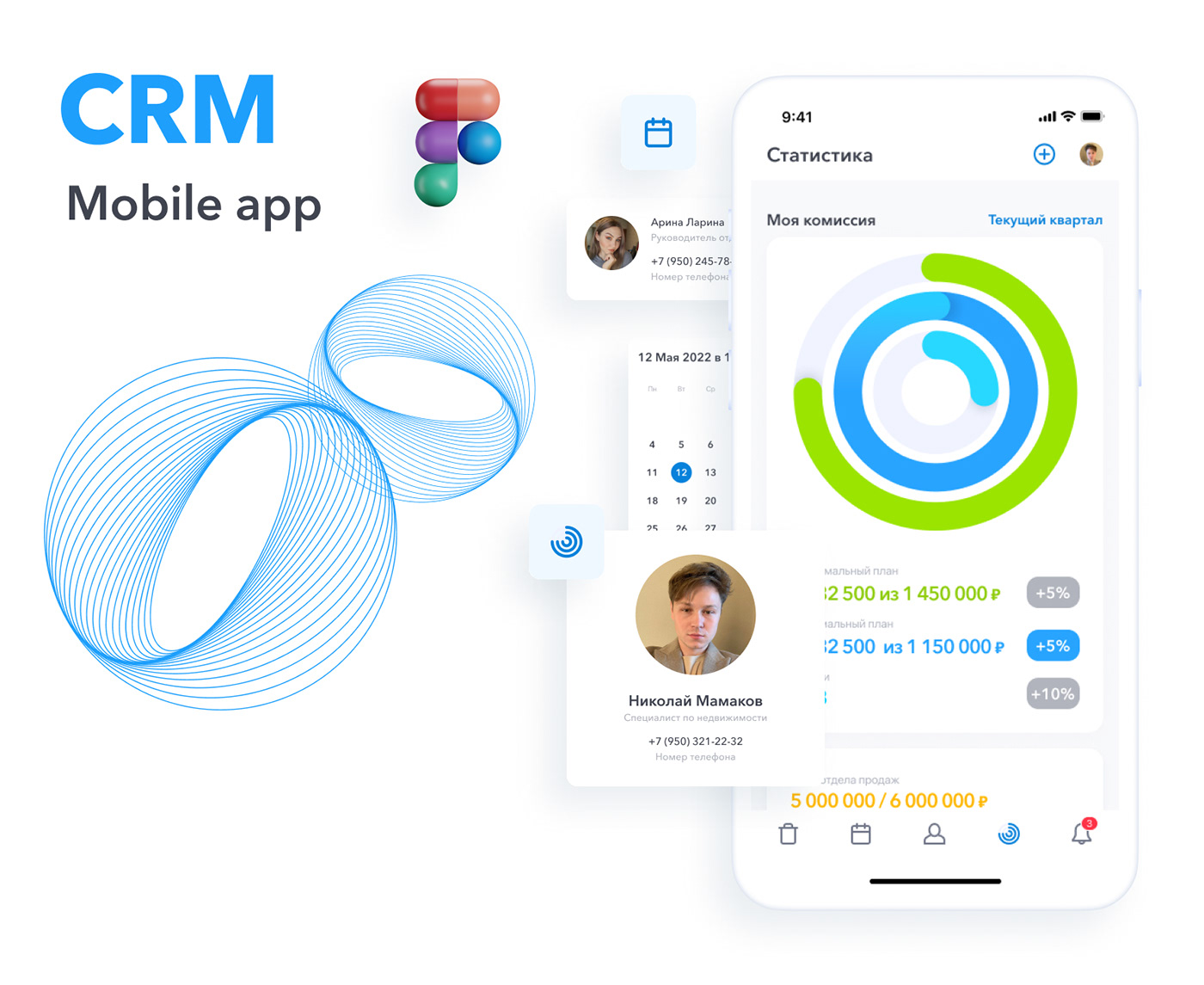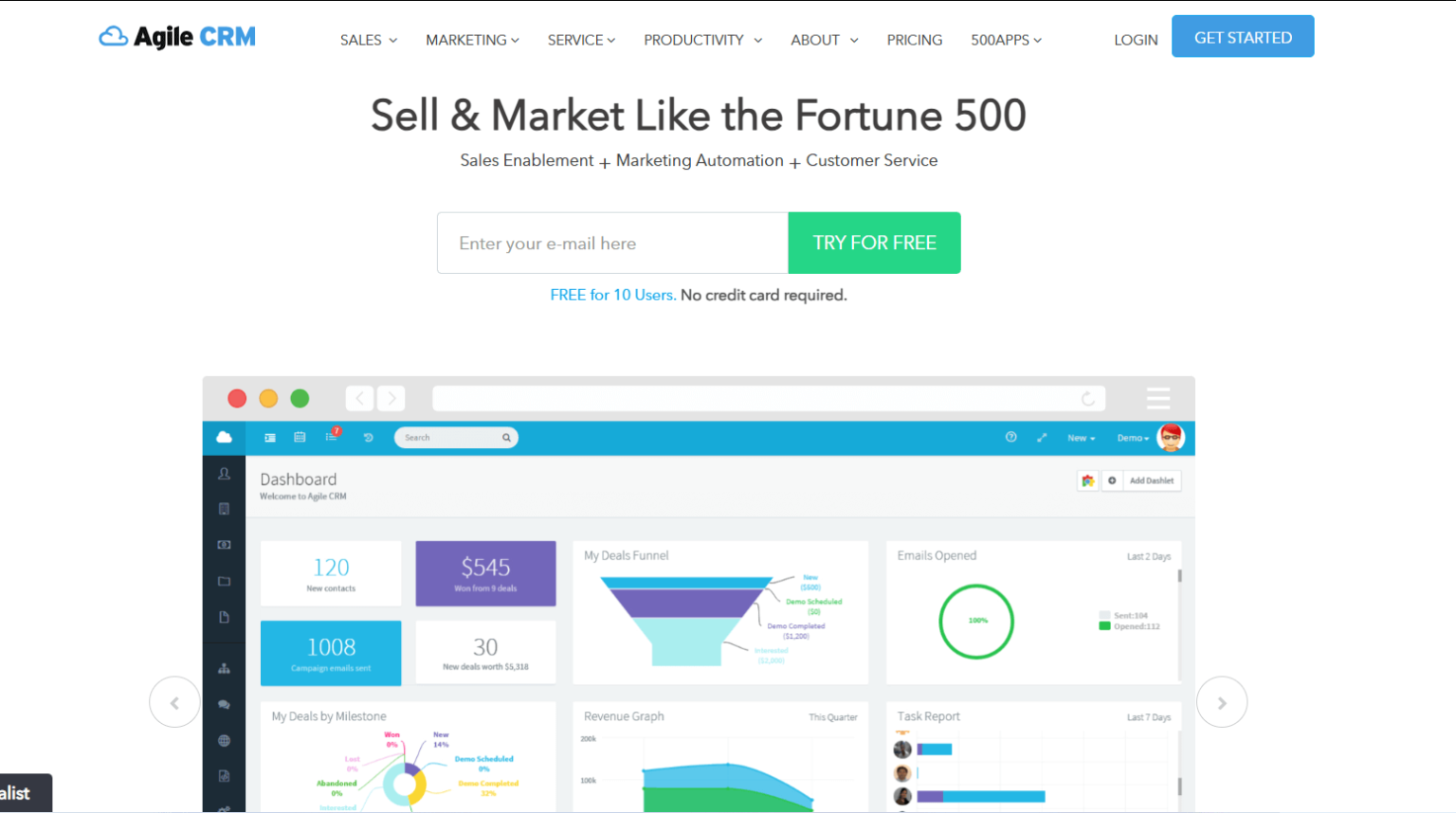Small Business CRM Enhancements 2025: Revolutionizing Customer Relationships and Driving Growth

Small Business CRM Enhancements 2025: Revolutionizing Customer Relationships and Driving Growth
The landscape of customer relationship management (CRM) is constantly evolving, and small businesses need to stay ahead of the curve to thrive. This article explores the exciting CRM enhancements anticipated for 2025, providing insights into how these advancements can transform your customer interactions, boost efficiency, and fuel sustainable growth.
The Evolution of CRM: A Quick Recap
Before diving into the future, it’s helpful to understand the journey of CRM. Initially, CRM systems were primarily focused on contact management and basic sales tracking. Over time, they evolved to encompass marketing automation, customer service tools, and comprehensive data analysis. Today, CRM is no longer just a software; it’s a strategic approach to managing all interactions with current and potential customers.
The shift towards cloud-based solutions has democratized CRM, making powerful tools accessible to small businesses. This accessibility has leveled the playing field, allowing smaller companies to compete more effectively with larger enterprises. The future, as we’ll see, promises even greater sophistication and integration.
Key CRM Enhancement Trends for 2025
The year 2025 is poised to be a pivotal year for CRM, with several key trends shaping the industry. These advancements promise to make CRM systems more intelligent, intuitive, and impactful for small businesses. Let’s examine these trends in detail:
1. Enhanced Artificial Intelligence (AI) and Machine Learning (ML) Capabilities
AI and ML are no longer futuristic concepts; they are integral to modern CRM. In 2025, we can expect to see even more sophisticated AI-powered features. These include:
- Predictive Analytics: AI will become even better at predicting customer behavior, identifying potential churn risks, and forecasting sales trends. This allows small businesses to proactively address customer needs and optimize their sales strategies.
- Personalized Customer Journeys: AI will power hyper-personalization, tailoring customer interactions based on individual preferences and past behavior. This level of personalization can significantly enhance customer engagement and loyalty.
- Automated Task Management: AI will automate more routine tasks, such as data entry, email responses, and lead scoring, freeing up valuable time for sales and customer service teams to focus on more strategic activities.
- Intelligent Chatbots: AI-powered chatbots will become even more capable of handling complex customer inquiries, providing instant support, and resolving issues efficiently. These chatbots will integrate seamlessly with CRM systems, providing a unified customer experience.
2. Advanced Integration and Connectivity
Seamless integration is crucial for a successful CRM strategy. In 2025, we’ll see:
- Deeper Integrations with Other Business Tools: CRM systems will integrate even more seamlessly with marketing automation platforms, e-commerce systems, social media channels, and other essential business tools. This will create a unified view of the customer and streamline workflows.
- Open APIs and Customization: CRM vendors will increasingly offer open APIs, allowing small businesses to customize their CRM systems to meet their unique needs. This flexibility will be crucial for businesses with specific processes or requirements.
- IoT Integration: The Internet of Things (IoT) will play a larger role, with CRM systems integrating data from connected devices to gain a deeper understanding of customer behavior and preferences.
3. Enhanced Mobile CRM and Accessibility
Mobile CRM is already essential for many small businesses. In 2025, we can expect:
- More Robust Mobile Applications: CRM mobile apps will become more feature-rich, providing sales and customer service teams with access to all the information they need, wherever they are.
- Offline Capabilities: Improved offline access will allow users to access and update CRM data even without an internet connection, ensuring productivity on the go.
- Voice-Activated CRM: Voice commands will become more prevalent, allowing users to interact with their CRM systems hands-free, further improving efficiency.
4. Focus on Data Privacy and Security
With increasing data privacy regulations, CRM vendors will prioritize security. Expect:
- Enhanced Data Encryption: Stronger encryption methods will protect sensitive customer data.
- Compliance with Data Privacy Regulations: CRM systems will be built to comply with regulations like GDPR and CCPA, ensuring that businesses can collect and manage customer data responsibly.
- Advanced Security Features: Multi-factor authentication, intrusion detection systems, and other advanced security features will become standard.
5. Enhanced User Experience (UX) and User Interface (UI)
User-friendliness is key to CRM adoption. In 2025, expect:
- More Intuitive Interfaces: CRM interfaces will become even more user-friendly, with simplified navigation and customizable dashboards.
- Gamification: CRM systems might integrate gamification elements to motivate sales teams and improve user engagement.
- Personalized Dashboards: Users will be able to customize their dashboards to display the information most relevant to their roles and responsibilities.
How Small Businesses Can Prepare for These Enhancements
Preparing for these CRM enhancements is crucial for small businesses to remain competitive. Here are some steps to take:
1. Assess Your Current CRM Needs
Before implementing any new technology, evaluate your current CRM setup. Identify the features that are working well and the areas that need improvement. Consider your business goals and how CRM can help you achieve them.
2. Research and Evaluate CRM Vendors
Explore different CRM vendors and compare their offerings. Look for vendors that are actively developing the enhancements mentioned above. Consider factors like pricing, ease of use, integration capabilities, and customer support.
3. Invest in Training and Education
Ensure that your team is properly trained on the new CRM features. Provide ongoing training and support to maximize user adoption and ensure that everyone is using the system effectively.
4. Prioritize Data Quality and Security
Ensure that your customer data is accurate, complete, and secure. Implement data governance policies and security measures to protect sensitive information.
5. Embrace a Customer-Centric Approach
Remember that CRM is about more than just technology; it’s about building strong customer relationships. Focus on providing excellent customer service and using CRM to personalize interactions and enhance the customer experience.
6. Start Small and Scale Up
Don’t try to implement all the new features at once. Start with a pilot project and gradually roll out the new enhancements to your entire team. This will allow you to identify any issues and make adjustments as needed.
7. Stay Informed and Adapt
The CRM landscape is constantly changing. Stay informed about the latest trends and be prepared to adapt your CRM strategy as needed. Attend industry events, read industry publications, and follow CRM thought leaders to stay ahead of the curve.
Benefits of Embracing CRM Enhancements for Small Businesses
Implementing these CRM enhancements can provide numerous benefits for small businesses:
- Increased Sales and Revenue: By gaining deeper insights into customer behavior, businesses can tailor their sales strategies and improve conversion rates.
- Improved Customer Satisfaction: Personalized interactions and proactive customer service can enhance customer satisfaction and loyalty.
- Enhanced Efficiency and Productivity: Automation and streamlined workflows can free up time for sales and customer service teams, allowing them to focus on more strategic activities.
- Better Data-Driven Decision Making: AI-powered analytics can provide valuable insights that inform business decisions.
- Competitive Advantage: By leveraging the latest CRM enhancements, small businesses can compete more effectively with larger enterprises.
- Reduced Costs: Automation and improved efficiency can lead to cost savings.
- Improved Customer Retention: Proactive customer service and personalized experiences can increase customer retention rates.
Real-World Examples: How Small Businesses Are Benefiting
Let’s look at a few examples of how small businesses are already benefiting from the latest CRM advancements:
Example 1: E-commerce Business
An e-commerce business uses AI-powered CRM to track customer purchase history and browsing behavior. The system automatically recommends products based on individual preferences, leading to increased sales and customer engagement. They also use AI-powered chatbots to provide instant customer support, resolving issues quickly and improving customer satisfaction.
Example 2: Service-Based Business
A small consulting firm uses CRM to manage its client relationships. They integrate their CRM with their project management software, providing a seamless view of all customer interactions and project progress. The CRM system also automates invoice generation and payment reminders, saving time and improving cash flow. The firm also uses the CRM to personalize communication with clients.
Example 3: Retail Business
A small retail business uses a mobile CRM app to manage its sales team in the field. Sales reps can access customer information, track sales progress, and update customer records from their smartphones. The CRM system integrates with the business’s point-of-sale (POS) system, providing a comprehensive view of customer purchases and preferences. They also use the CRM to send targeted marketing campaigns to customers based on their purchase history.
Challenges and Considerations
While the future of CRM is exciting, small businesses should be aware of potential challenges:
- Cost: Implementing advanced CRM features can be expensive. Small businesses need to carefully consider the cost of software, training, and implementation.
- Complexity: Some of the new features can be complex to implement and manage. Small businesses need to ensure that they have the technical expertise or support to manage these features.
- Data Migration: Migrating data from existing systems to a new CRM can be a challenge. Small businesses need to plan carefully and ensure that data is migrated accurately and securely.
- User Adoption: Getting employees to adopt a new CRM system can be a challenge. Small businesses need to provide adequate training and support to ensure that users embrace the new system.
- Security Concerns: Protecting customer data is paramount. Small businesses need to prioritize security and ensure that their CRM systems are protected against cyber threats.
The Future is Now: Embracing the CRM Revolution
The CRM enhancements anticipated for 2025 offer tremendous opportunities for small businesses to enhance customer relationships, drive growth, and achieve their business goals. By embracing these advancements, small businesses can compete more effectively in today’s dynamic market. By taking the steps outlined in this article, small businesses can prepare for the future and position themselves for success.
The key is to be proactive. Don’t wait until 2025 to start thinking about these enhancements. Begin assessing your needs, researching vendors, and planning your implementation strategy today. The future of CRM is here, and it’s time for your business to embrace it.




